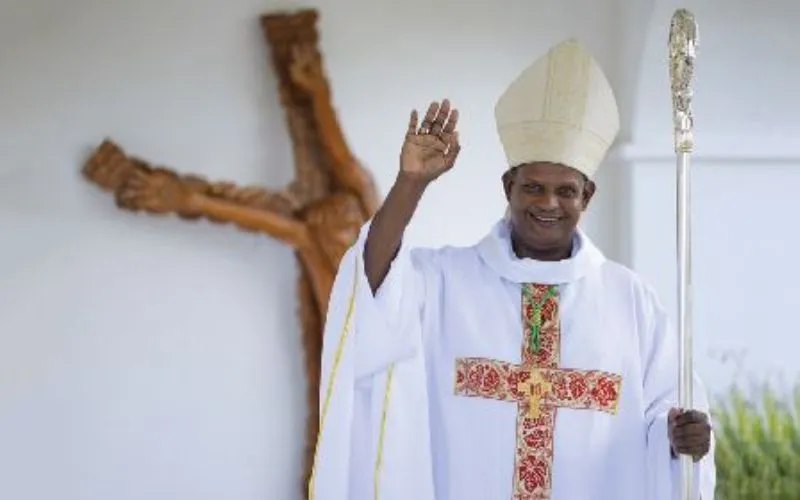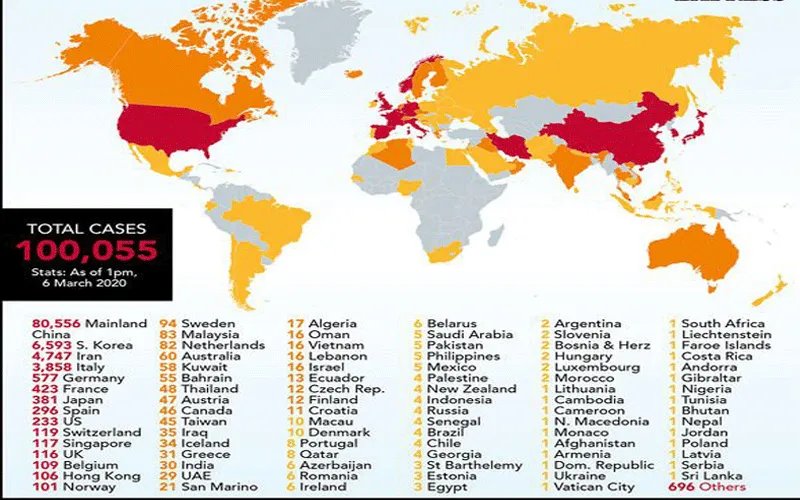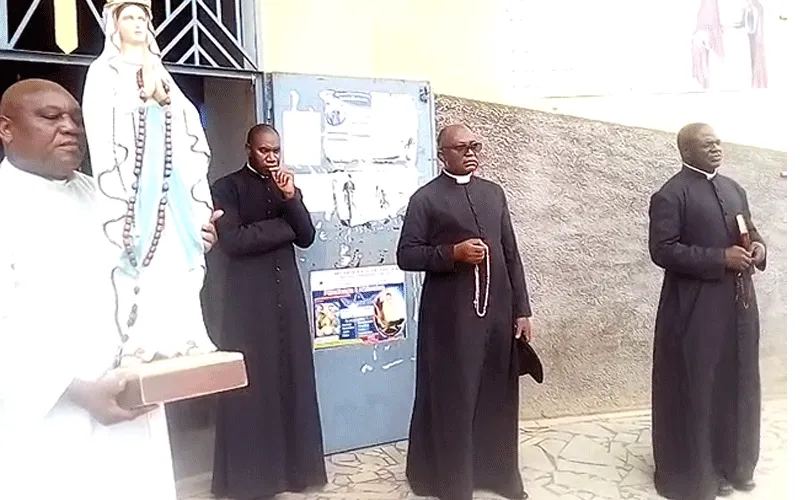Yaounde, 06 May, 2020 / 6:01 am (ACI Africa).
A Spanish nun serving as a doctor in the Central African nation of Cameroon says the major challenge she is facing at the present time is making residents believe that COVID-19 is a real pandemic.
“The big challenge is above all to make people aware that Covid-19 exists because here, many people think that it is a Whiteman’s invention and that only concerns western countries,” Sr. Ana Gutierrez of the Congregation of the Sacred Heart of Jesus told Vatican News in an interview.
Sr. Ana who works for the Bikok Catholic Health Centre on the outskirts of Cameroon’s capital Yaounde said that her Religious Order has put in place sensitization teams that educate the population on the global pandemic.
“We have set up groups to go into the villages, to have meetings with the different customary chiefs and to sensitize on the pandemic,” she said.
According to her, through these efforts and given the trust people have in members of the Congregation of the Sacred Heart, there is a gradual acceptance that that the new coronavirus is real.








